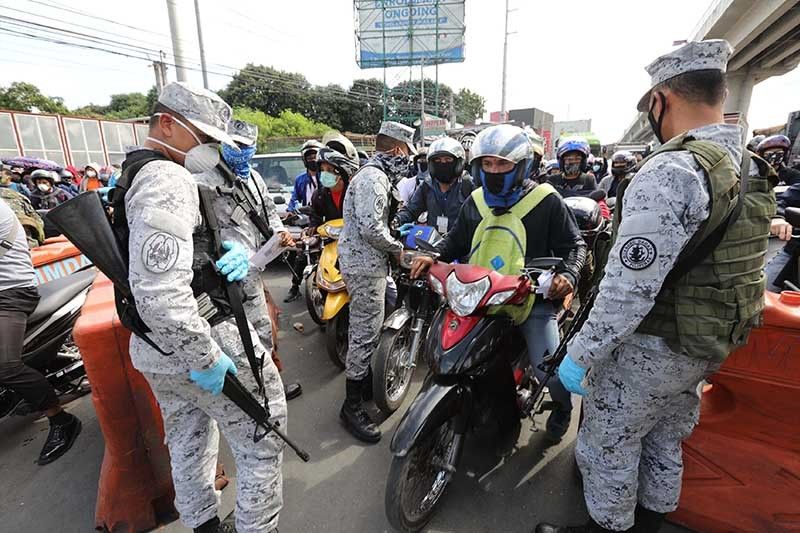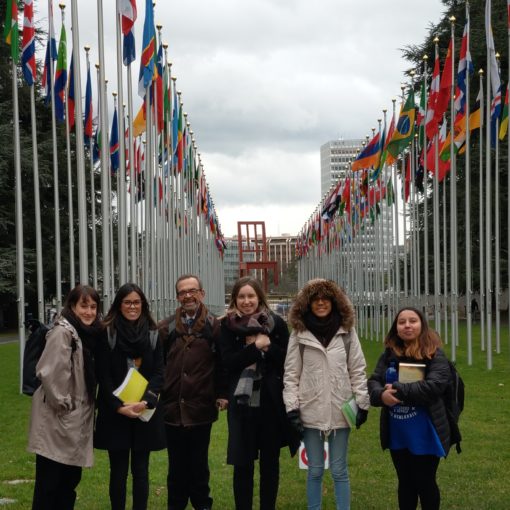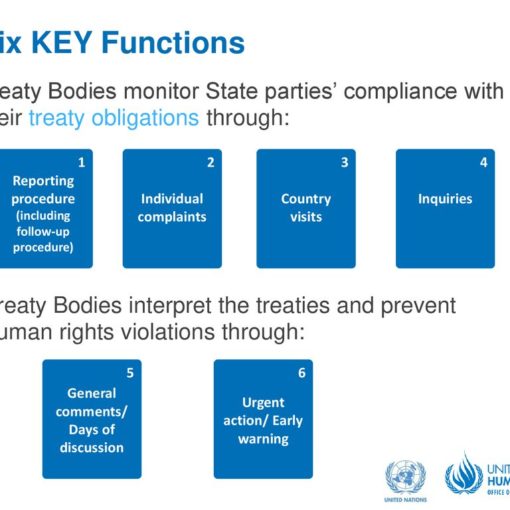
decisions and recommendations, and the realities in the field through implementation‘
COVID-19 – Main recent public statements from Geneva-based officials and bodies.
(OHCHR, Geneva / Washington / Vienna, 19 March 2020)
In light of the growing disruptions caused by the COVID-19 pandemic, the monitors for freedom of expression and freedom of the media for the United Nations, the Inter-American Commission for Human Rights, and the Representative on Freedom of the Media of the Organization for Security and Co-operation in Europe issued the following joint statement:
“We share the grave concern of people everywhere in the face of the COVID-19 pandemic. At a moment of such gravity, we fully understand and support the efforts of public health professionals and governments to develop and implement strategies to protect human health and human life. The fundamental and non-derogable right to life is at stake, and governments are obligated to ensure its protection.
“Human health depends not only on readily accessible health care. It also depends on access to accurate information about the nature of the threats and the means to protect oneself, one’s family, and one’s community. The right to freedom of expression, which includes the right to seek, receive and impart information and ideas of all kinds, regardless of frontiers, through any media, applies to everyone, everywhere, and may only be subject to narrow restrictions. In this connection, we urge the following:
“First, it is essential that governments provide truthful information about the nature of the threat posed by the coronavirus. Governments everywhere are obligated under human rights law to provide reliable information in accessible formats to all, with particular focus on ensuring access to information by those with limited internet access or where disability makes access challenging.
“Second, internet access is critical at a time of crisis. It is essential that governments refrain from blocking internet access; in those situations where internet has been blocked, governments should, as a matter of priority, ensure immediate access to the fastest and broadest possible internet service. Especially at a time of emergency, when access to information is of critical importance, broad restrictions on access to the internet cannot be justified on public order or national security grounds.
“Third, the right of access to information means that governments must be making exceptional efforts to protect the work of journalists. Journalism serves a crucial function at a moment of public health emergency, particularly when it aims to inform the public of critical information and monitors government actions. We urge all governments to robustly implement their freedom of information laws to ensure that all individuals, especially journalists, have access to information.
“Fourth, we share the concern that false information about the pandemic could lead to health concerns, panic and disorder. In this connection, it is essential that governments and internet companies address disinformation in the first instance by themselves providing reliable information. That may come in the form of robust public messaging, support for public service announcements, and emergency support for public broadcasting and local journalism (for instance, through government health advertisements).
Resorting to other measures, such as content take-downs and censorship, may result in limiting access to important information for public health and should only be undertaken where they meet the standards of necessity and proportionality. Any attempts to criminalise information relating to the pandemic may create distrust in institutional information, delay access to reliable information and have a chilling effect on freedom of expression.
“Fifth, we are aware of growing use of tools of surveillance technology to track the spread of the coronavirus. While we understand and support the need for active efforts to confront the pandemic, it is also crucial that such tools be limited in use, both in terms of purpose and time, and that individual rights to privacy, non-discrimination, the protection of journalistic sources and other freedoms be rigorously protected. States must also protect the personal information of patients. We strongly urge that any use of such technology abide by the strictest protections and only be available according to domestic law that is consistent with international human rights standards.
“We close by thanking all the medical and health care professionals putting themselves at the frontline of treating the unwell.”
ENDS* The experts: Mr David Kaye, Special Rapporteur on the promotion and protection of the right to freedom of opinion and expression; Mr Harlem Désir, OSCE Representative on Freedom of the Media and Mr Edison Lanza, IACHR Special Rapporteur for Freedom of Expression

https://www.philstar.com/headlines/2020/03/17/2001595/un-experts-emergency-measures-fight-covid-19-shouldnt-be-used-suppress-human-rights




